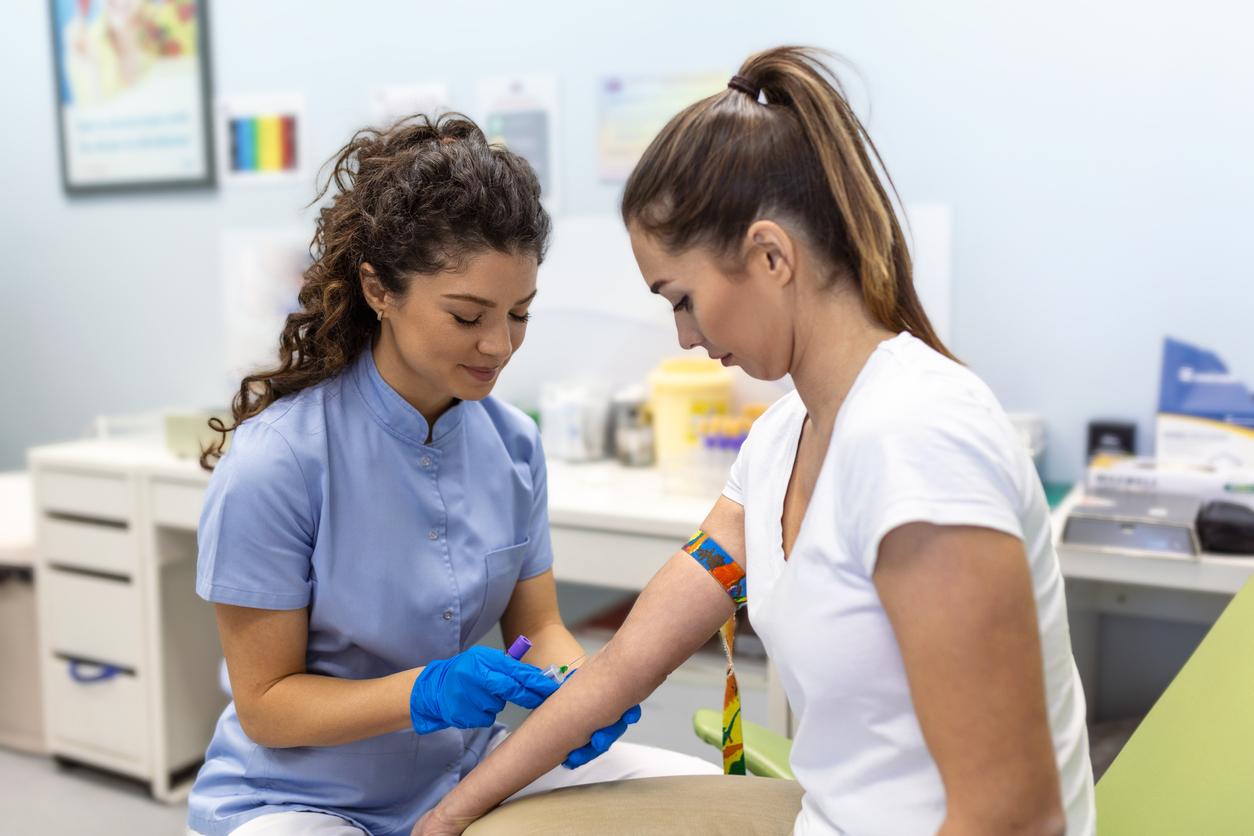A video that pleads in favor of the birth of children with Down’s syndrome is controversial. It was broadcast on French television between several advertisements, but the CSA considers its place “inappropriate”.

It has moved more than 5 million Internet users since it was put online. The video “Dear future mother”, produced by the Italian association CoorDown, wanted to convey a message of hope to a woman pregnant with a baby with Down’s syndrome. The M6, Canal + and D8 channels broadcast it to the antenna between several advertising screens. But the Superior Audiovisual Council (CSA) ruled that “this message is not advertising” and that it cannot be considered as “a message of general interest” either. Due to “its ambiguous purpose (…)”, the authority considers thatit should no longer be shown during commercials.
A message of hope
The adventure began when the mother-to-be confided her fears about the future of her child. The association responded with this moving video, presenting several children with Down’s syndrome who explained how a child with Down syndrome can flourish. Supported by a dozen associations including CoorDown, Les Amis d’Eléonore and the Jérôme-Lejeune Foundation, which fight against abortion, the video had convinced on World Down Syndrome Day.
Watch the video “Dear future mom”:
An “inappropriate” place
But the CSA intervened to prohibit the distribution of this video, the message of which “could have been enhanced, on the occasion of World Down’s Syndrome Day, by a better framed and contextualized distribution”. Due to the support of associations pro-life and of the message itself, he judges that the video has no place between the advertisements. The critics were not long in coming. The anti-abortion have castigated the position of the high authority. The association Les Amis d’Eléanore referred in a press release to “the state policy of stigmatization” of children with Down’s syndrome and the Jérôme-Lejeune Foundation considers that it has taken “a huge punch in the stomach”.
The CSA reacted in a “development. “ He recognizes the “positive point of view on the lives of young people with Down’s syndrome”. But he repeats that this message pro-life could “confuse the conscience” of women who have decided not to continue with their pregnancy. Consequently, the audio-visual authority concluded that, if its broadcast on television is not prohibited, its place “within advertising screens was inappropriate”.
|
Prenatal screening Down’s syndrome is a birth defect, manifested by the presence of a third chromosome on the 21e pair. It is the leading cause of mental deficit of genetic origin in France. Prenatal screening is systematically offered to pregnant women between the 11the and the 14e week of amenorrhea. This screening takes several parameters into account: ultrasound analysis of the nuchal translucency (a liquid pocket temporarily present in the fetal neck), serum markers and maternal age. When the risk is high, doctors suggest that the pregnant woman make a diagnosis, either by biopsy or by amniocentesis. If it is positive, women can choose to keep the child or medically terminate the pregnancy (IMG). In the case of trisomy 21, an IMG is possible at any time as soon as the diagnosis is made. In 2010, 95% of pregnant women decided to terminate their pregnancy after discovering the illness of their child. |
.













-1613836465.jpg)